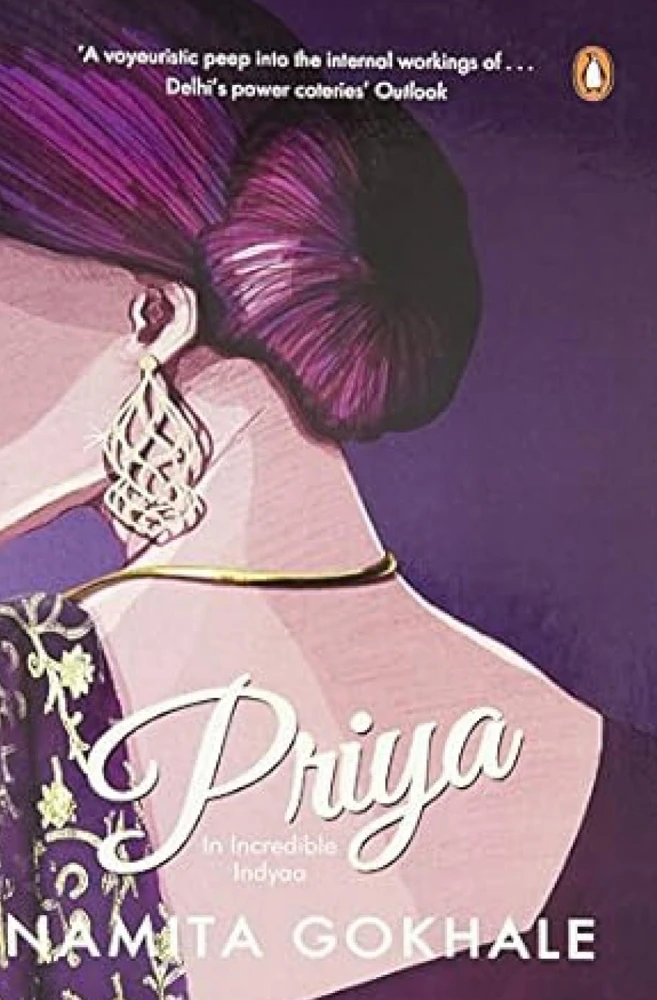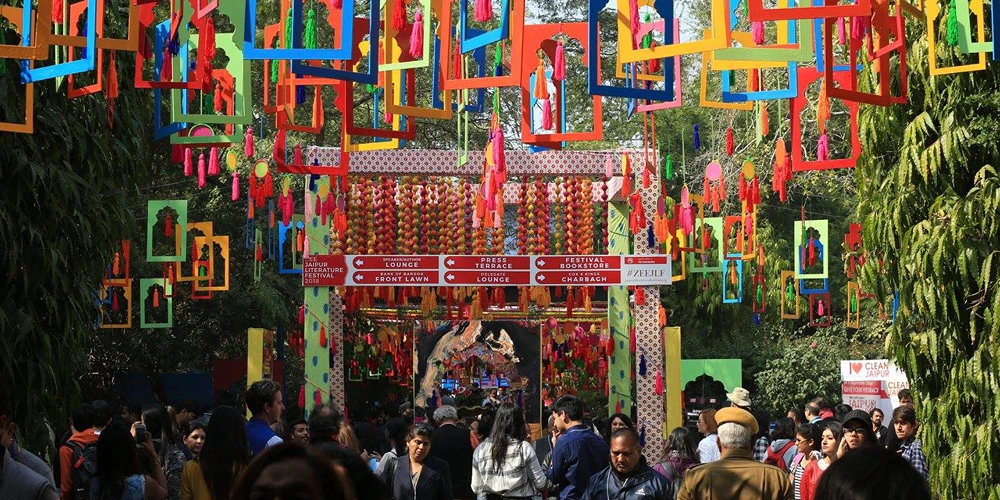Over the course of four decades, Namita Gokhale has carved an indelible space in Indian literature—as a novelist, editor, essayist, and literary curator. Her body of work defies easy categorization, spanning satire, memoir, historical fiction, mythology, and literary activism. Yet a common thread runs through it all: a fearless examination of women, time, and memory within the Indian cultural context.
From the bold and controversial Paro: Dreams of Passion to the mythopoetic Lost in Time: Ghatotkacha and the Game of Illusions, Gokhale’s literary evolution reflects both the transformation of Indian society and her own deepening creative vision.
1984: Paro Breaks the Silence
Gokhale’s literary debut, Paro, was a satirical, no-holds-barred exploration of urban sexuality and elite hypocrisy. Published in a pre-liberalisation India, it shocked many—and earned cult status among others.
- Voice: Bold, ironic, female, unapologetic
- Impact: One of the earliest Indian novels to center female sexual autonomy
- Legacy: Paro opened the door for future generations of Indian women writers
The Turn Inward: A Himalayan Love Story and the Roots of Memory
In the mid-90s, Gokhale pivoted from satire to introspection. A Himalayan Love Story drew from personal experience and the mystique of the Kumaon hills to reflect on loss, longing, and spiritual fragility.
- A subtle meditation on mental illness and womanhood
- Introduced her signature theme: the Himalayas as emotional terrain
- Marked the beginning of the Himalayan Trilogy

Mid-Career Mastery: History, Myth, and the Feminine Gaze
Through the 2000s and 2010s, Gokhale’s fiction expanded in scale and ambition:
✦ The Book of Shadows (1999)
A metaphysical tale set in the aftermath of death—blending realism and reincarnation with eerie clarity.
✦ Priya: In Incredible Indyaa (2010)
A sharp sequel to Paro, updated for the glitzy, post-globalization age.
✦ Things to Leave Behind (2016)
An epic of 19th-century Kumaon that explores colonial erasure, caste, and feminine resistance, solidifying her status as a literary historian.
Gokhale’s mature fiction often reclaims forgotten voices and marginal histories, particularly women’s inner worlds silenced by patriarchy and time.
Recent Work: Time, Illusion, and Literary Experimentation
In her latest works, Gokhale continues to push boundaries of form and genre:
✦ Lost in Time: Ghatotkacha and the Game of Illusions (2022)
A mythological retelling through a modern lens—this novella reimagines the Mahabharata’s outsider prince as a symbol of displacement and otherness.
- Targeted at younger readers, but layered with adult resonance
- Fuses myth, history, and psychological depth
- Explores themes of identity, belonging, and fate
Beyond the Page: Editing, Publishing, and Literary Diplomacy
Gokhale’s contribution to Indian literature extends well beyond her writing desk:
- Co-founder of the Jaipur Literature Festival (see previous post)
- Publisher at Yatra Books, championing translations in Indian languages
- Editor of numerous anthologies, giving platform to emerging writers and marginalized voices
Her curated collections—such as Travelling In, Travelling Out and Democracy Dialogues—reflect her commitment to plurality and complexity in Indian discourse.
Final Thoughts: A Literary Life Without Borders
From the urbane wit of Paro to the mythic echoes of Lost in Time, Namita Gokhale’s literary journey is as expansive as it is intimate. Her stories are deeply rooted in Indian soil, yet speak to universal questions—of love, exile, voice, and power.
In an era of homogenized narratives, Gokhale’s work continues to challenge conventions, elevate the silenced, and celebrate the polyphony of Indian life.



